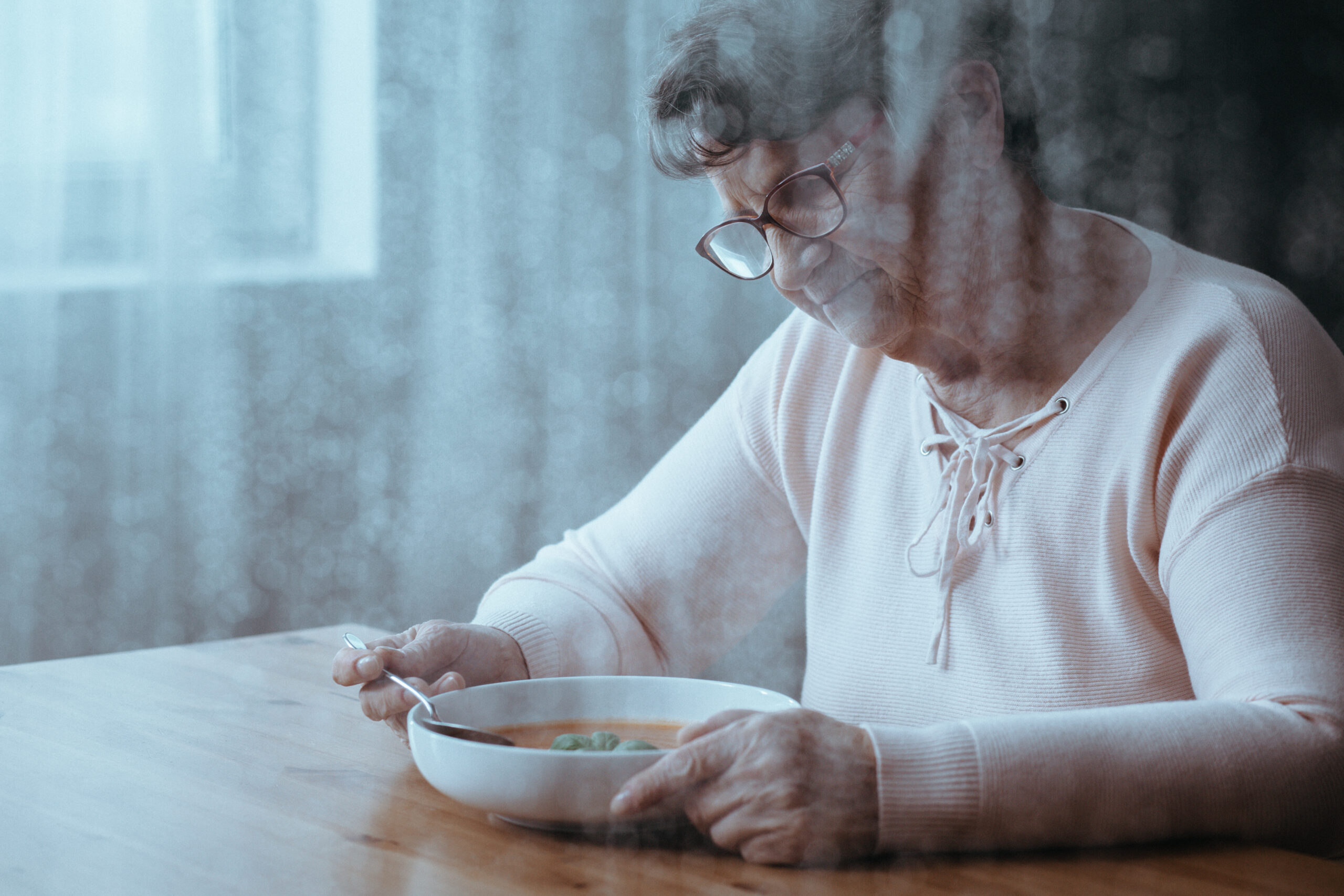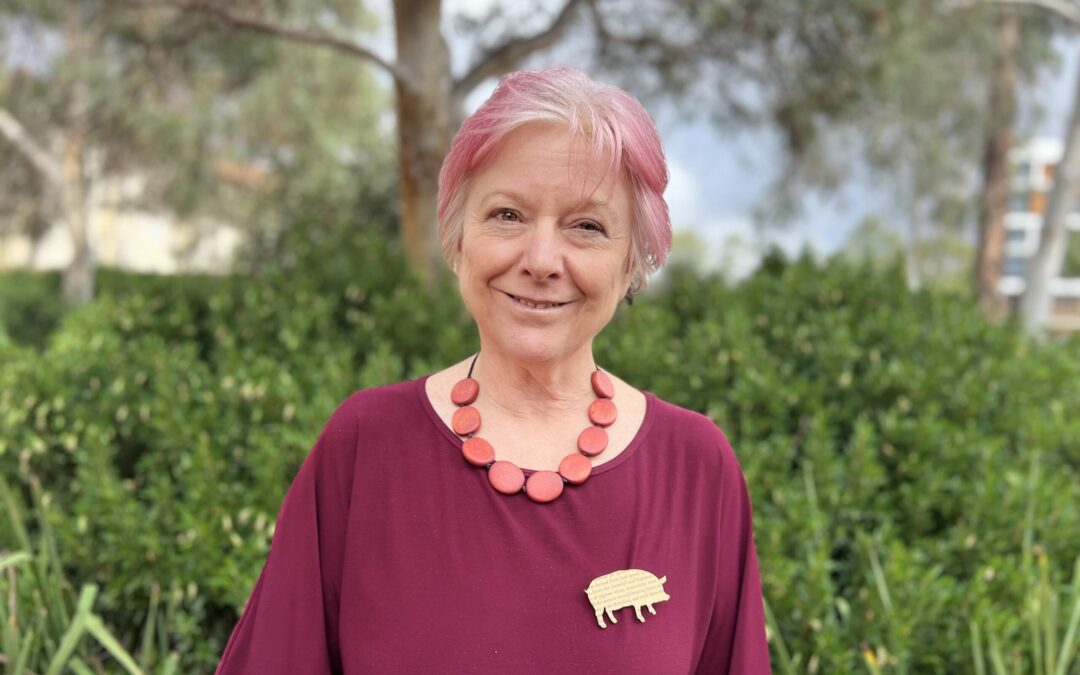“At 5 pm the territory will be locked down.”
We all were hanging off the press conference for the chief minister at 12:15pm, on August 12, 2021. Cue absolute chaos and madness; panic buying, traffic jams and every keyboard warrior in Canberra posting to Canberra Notice Board Group – speculations, and wild accusations as to how Canberra had become “Infected”.
At work, I was on day two with a new team who I now have to meet with online; this is nothing new. Last year I started my new role the day the country was locked down; I was told “you need to go home the Prime Minister is announcing a national lockdown”.
So why this time does it feel so insurmountable and I’m on the brink of tears every hour? Despite the position of privilege the ACT has been in, so-called Pandemic Fatigue is real and something we all need to acknowledge; We also need address the specific impacts on women.
I know I’m not alone in this feeling of overwhelm. Let’s take Melburnian Chryssie, who works as a copywriter and also does branding for small businesses. She has five-year-old and a two-year-old year old, both previously in childcare three days a week.
Like so many parents in her position, she’s struggling to work without childcare. “After Melbourne’s long lockdown last year, I ended up leaving work earlier this year. The stress of working and having young kids and impossibly managing a house we couldn’t leave broke me.
“I’m feeling frustrated that it’s come to me leaving the formal workforce to manage this situation. I am freelancing now, taking on minimal work to bring in some income that I can; I need to survive somehow.
“The only upside of being forced to work for myself is that I feel much more able to deal with day care closures. It would be impossible without fees being waived, though,” Chryssie says.
Prior to the COVID-19 pandemic, women on average spent six more hours than men on unpaid childcare every week. During COVID-19, women have taken on a greater share and now spend roughly 7.7 more hours per week on unpaid childcare than men. This ‘second shift’ equates to 31.5 hours per week; almost as much an extra full-time job.
Research fellow at the 50/50 by 2030 Foundation at the university of Canberra Dr Pia Rowe, ran a photo based social science research project called “Covid Freeze Frame” which found that women still carried the major mental load during lockdown; research participation differed greatly for men and women, how they represented their roles through image; men being more transactional about tasks with women having a more rounded experience.
According to PWC global studies the COVID-19 pandemic is reversing some of the important gains made in Gender Equality with global rates for women in in the work force sliding back to 2017 levels; with Childcare and school closures disproportionally affected women’s paid and unpaid work.
And yet our recovery plans at federal government level clings to a 1980s idea of the nuclear family; “Dad” is the major income earner and “mum” is a top up salary and is or should be at home. This not only fails to acknowledge the contribution of fathers in the home, but doesn’t speak to a 2021 Australia, Ridiculous when you consider how much the concept of family has changed over the years.
Research from Edith Cowan University has found women’s mental health is being negatively affected by the COVID-19 Pandemic and worryingly 36% of the female respondents did not seek help citing they were “too busy” compared to 29% of males. Anecdotally, in my circle people are relying more on informal forums for their support. Informal supports during this time are critical when people find access to more formal support pathways challenging or simply not a priority. The value of these discussions and groups shares the burden as this has become a collective trauma.
Press Conferences have worn me out; the confused and angry fighting between states and federal governments is exhausting to watch, and still over 18 months into the pandemic the plan forward for Australia is unclear and not agreed upon. I’m frustrated that I can’t specifically drive change so have found the need to withdraw from the discussion.
I feel tired, stressed, lonely and pulled in different directions; I jokingly sent my “to do” list to a friend overseas and immediately wanted to hide under my covers watching music videos. My boss asked me today how I was coping with home schooling my daughter while working; with the meltdown over her zoom class call fresh in my mind I answered honestly, “I think you can be mediocre at both jobs or commit to doing one really well” She appreciated my candour. The current learning model requires heavy parental supervision, when we consider primary care givers may also be the sole income earners; there needs to be a reframing of what success looks like for schooling in these times.
I’ve decided that if watching “Mr Maker” for the thousandth time while playing super heroes and baddies keeps my little girl happy- in a sea of competing priorities, that is my main one.
Staying positive with so much uncertainty about the future is a challenge, needless to say, I think all Australians are ready for some precedented times.
Feature image: Kat on a walk with her four-year-old daughter and their dog, Lucy. Despite some good moments, lockdown is a struggle. Picture: Supplied
Katherine Berney is the Director of the National Women's Safety Alliance. She's also a PhD student in sociology at University of Canberra.





